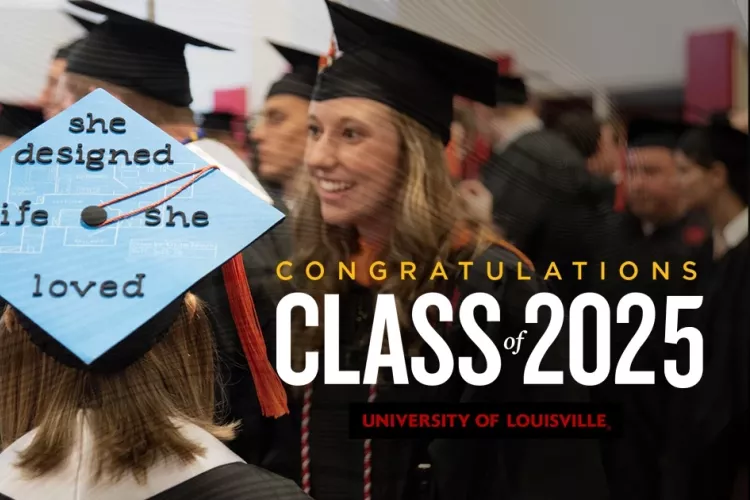UofL takes sole ownership of Cardiovascular Innovation Institute
October 2, 2024For 13 years, the University of Louisville and Jewish Hospital have partnered in a cutting-edge research endeavor to address the No. 1 cause of death in the United States – cardiovascular disease. On Monday, that endeavor reached another milestone in its quest.
[caption id="attachment_38224" align="alignleft" width="206"] The Cardiovascular Innovation Institute has previously operated under the shared ownership of UofL and the Jewish Heritage Fund for Excellence. JHFE has relinquished its ownership and real estate interest, valued at more than $16 million.[/caption]The Cardiovascular Innovation Institute has previously operated under the shared ownership of UofL and the Jewish Heritage Fund for Excellence. JHFE has relinquished its ownership and real estate interest, valued at more than $16 million.
The university took the opportunity to mark the occasion by recognizing and thanking JHFE for its support.
“Since 2006, the Cardiovascular Innovation Institute has provided world-class resources for UofL faculty researchers and physicians to study the myriad of causes of cardiovascular disease and develop ways to treat and ultimately cure it,” said UofL President Neeli Bendapudi. “We thank the Jewish Heritage Fund for Excellence for being our worthy partner in this effort and promise that we will continue this important work for the health of current and future generations to come.”
The move to UofL’s sole ownership has been planned for some time and coincided with JHFE’s continued evolution into a purely grant-making organization.
“We are proud to have been a part of the CII and its mission to improve lives through world-class cardiovascular research, scientific discovery and new enterprise creation,” said Linda Schuster, JHFE Board of Trustees chair. “We look forward to seeing amazing discoveries from the CII in the years and decades ahead.”
Since its opening in 2006, the Cardiovascular Innovation Institute has been engaged in leading edge research for the development, testing, regulatory approval and clinical evaluation of game-changing technologies. The institute employs a multidisciplinary team of investigators to address the complete spectrum of causes and treatments for cardiovascular disease.
“In Kentucky alone, cardiovascular-related diseases account for close to 75 percent of all deaths,” said Toni Ganzel, dean of the UofL School of Medicine. “The CII conducts basic, clinical, translational and population research in cardiovascular disease as it affects individuals throughout their entire lifespan.”
The team has led and secured nearly $39 million in external grants and contracts, with $28 million focused toward innovative cardiovascular-assist devices. These technologies have ranged from the exploration of new cell-based platforms for the revascularization of cardiovascular and neural tissues, to the creation of chambers for surgery in outer space and battlefield environments, to the investigation of novel mechanical devices to aid a patient’s heart in circulating blood throughout the body. All of these technologies were created with the sole intent of improving the quality of life of heart failure patients.
Initial funding to construct the facility and to support research was provided by Jewish Hospital & St. Mary’s Healthcare, KentuckyOne Health’s predecessor, along with UofL, Kosair Charities, the Kentucky Cabinet for Economic Development and Department of Commercialization and Innovation and the Gheens Foundation. Federal appropriations were secured through the efforts of Sen. Mitch McConnell.
Laman Gray, MD, Jewish Hospital Chair in Cardiovascular Surgery at UofL, is executive and medical director of the CII. An internationally-recognized leader in the fields of cardiac surgery and development of artificial hearts and circulatory support systems, Gray’s accomplishments include performing the first heart transplant in Kentucky in 1984 and the first bridge to heart transplant after the use of a Thoratec Bi-Ventricular Assist Device in the United States in 1985. He also performed the first clinical use of ABIOMED’s SupraCor intra-aortic balloon pump and was one of the four primary clinical investigators that brought ABIOMED’s BVS 5000 temporary cardiac support system to clinical approval by the FDA. In 2001 Gray and his surgical team implanted the first artificial heart into Robert Tools, who lived five additional months on the device.
Video from the news conference is available below:



